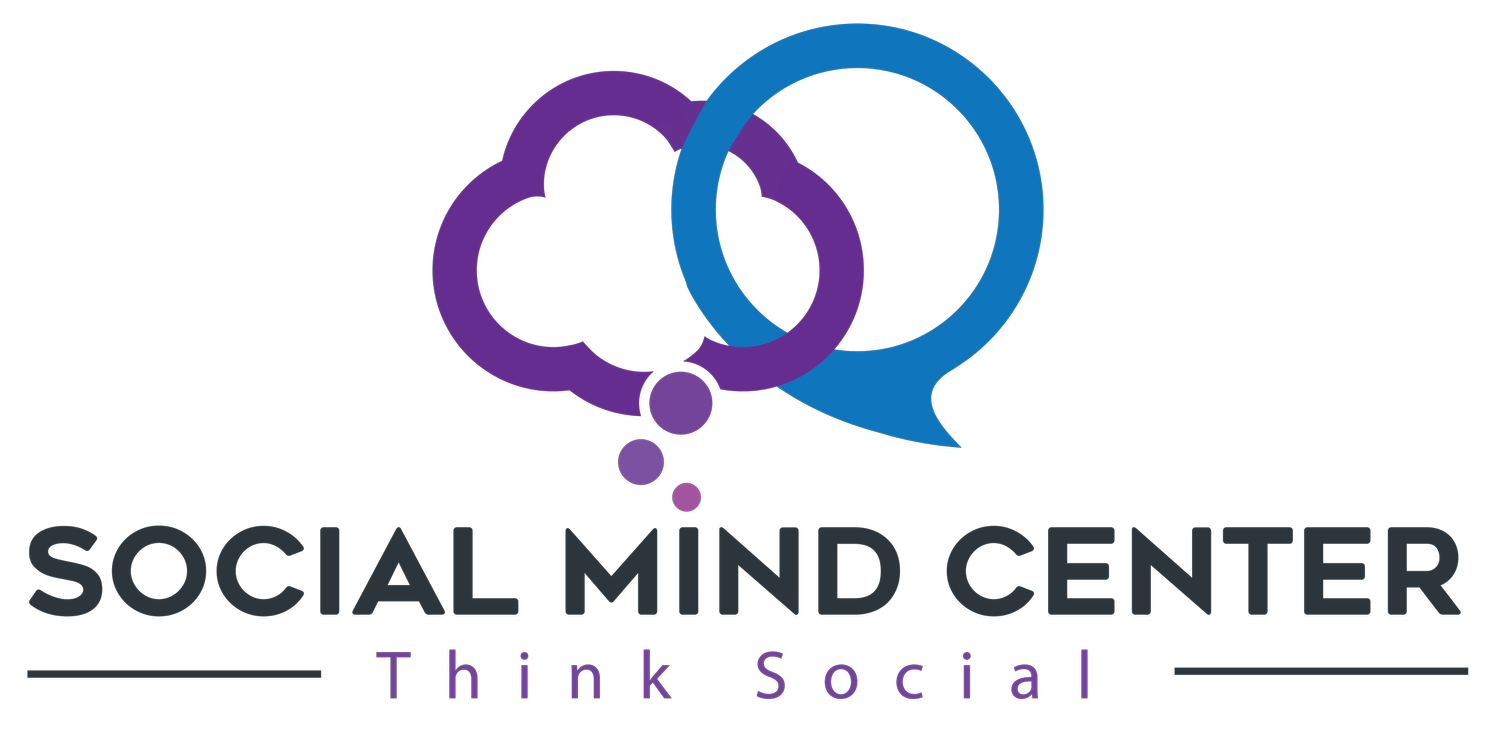Our Story
2005
The Beginning
Ana and Sandra first met in 2005 when Sandra evaluated Ana's son for communication delays. Since that time, Sandra has been her sons primary speech-language therapist and has overseen his intervention plan. Ana and Sandra have partnered towards his wellness focusing on language abilities so that he could successfully participate in the general education curriculum, social activities and peer interaction.
2011
Our Vision
In 2011 after focusing on increasing his language abilities (through individual speech-language therapy and small group interaction), Ana and Sandra realized that his social use of language success depended on practicing outside the confines of a traditional therapeutic environment.
Simultaneously, Ana's daughter presented with learning differences and anxiety. Learning difficulties or differences can cause anxiety. Most academic environments are designed to teach to a neuro-typical students. For students with learning differences the ability to adapt becomes a critical skill.
We recognized that with a growing need for interventions that focus on building communication and thinking to allow children and teens to understand their own needs and become self-sufficient by managing their own needs. We focused on equipping our clients with tools and strategies to bridge skill gaps presented by their learning differences.
2012
SMC is Created
It was through Ana's children's eyes, that Ana and Sandra began researching and seeking a curriculum or program that would combine language and perspective building. These skills were felt to be critical in setting the foundation for building social skills across the age span. This is the root from which the Social Mind Center started to emerge.
A group of colleagues began meeting to discuss teaching strategies that would benefit all children to acquire the social skills that would help them to succeed in life. Discussions surrounding the development of social language abilities focused on a multitude of environments (aside for a traditional therapy setting).
Environments that would be conducive for modeling and coaching children (from elementary through high school) on developing social competence skills. This thinking lead to the idea of creating a social center where children could practice their developing social emotional skills in a safe environment but one that reflected activities that all children are participating. Activities such as birthday parties, play dates, game nights, art, music and similar school and social activities.
The Center would offer different types of groups and classes such as art, STEM science, music, and with the emphasis across all activities an underlying social competence curriculum. Across activities, children would have an ongoing opportunity to practice social emotional skills being taught within the Center.
In order to effectively teach social emotional skills you must teach a deeper understanding of social relations and social communication. Social emotional learning students must understand how the social world works and why specific social emotional skills are important in different contexts (Winner, 2007). In addition, Ana and Sandra felt that children need modeling of this behavior and the opportunity to role-play or practice.
In search of a curriculum Ana and Sandra found Michelle Garcia-Winners, Social Thinking®. Michelle's material extensively incorporates all aspects of social learning skills into an expansive curriculum on perspective building. What makes Social Thinking's® philosophy effective is the evolving skill building curriculum.
2022
10yr Anniversary
The Social Mind Center celebrates ten years of teaching social skills for life. After the pandemic, we have seen increased anxiety and depression in children/teens. Our counseling services have adapted to meet the needs of our families. The pandemic greatly impacted socialization and communication skills due to school closings limiting social exposure. We have seen a higher demand for social communication groups. We have also seen an increase in the need for advocacy in the schools to ensure that supports are implemented for our neurodivergent students. Schools have been highly impacted by teacher and therapist shortages. We have also seen more families seeking guidance and support in designing customized education and interventions for their children to address learning differences.
The Center now provides The Brick-by-Brick™ programme, a fun, child-led, learning-through-play concept involving collaborative play with LEGO® bricks. The programme is designed to support the social and emotional well-being of neurodivergent young people.
SMC now also provides multiple resources for parents, children, and teens, such as our popular podcast, ‘Different Skill Notebook,’ discussing strategies and systems that can be implemented in your child’s daily routine to promote self-regulation and management.





